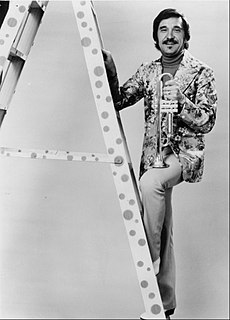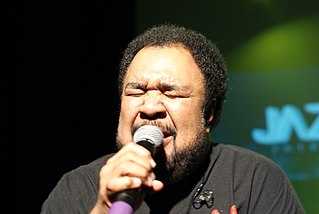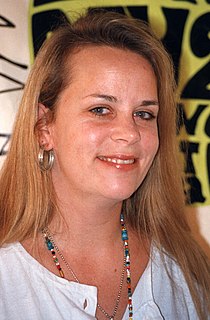A Quote by Dave Brubeck
Don't be a perfectionist... leave that to the classical musicians.
Quote Topics
Related Quotes
Being a classical musician I'm fascinated with how my colleagues, not just singers, but every musician finds ways to express something else or something new or the same ol', same ol' in classical music. I'm always in dialogue with other musicians at least orally, if I can't be with them and a lot of dead musicians as well. I've learned a lot from dead people on recordings.
Classical - perhaps I should say 'orchestral' - music is so digital, so cut up, rhythmically, pitchwise and in terms of the roles of the musicians. It's all in little boxes. The reason you get child prodigies in chess, arithmetic, and classical composition is that they are all worlds of discontinuous, parceled-up possibilities.
I think the other thing that's important is getting to a place, which very, very rarely happens with improvising groups, where somebody can decide not to play for a while. You watch any group of musicians improvising together and they nearly all play nearly all the time. In fact I often say that the biggest difference between classical music and everything else is that classical musicians sometimes shut up because they're told to, because the score tells them to. Whereas any music that's sort of based on folk or jazz, everybody plays all the time.

































